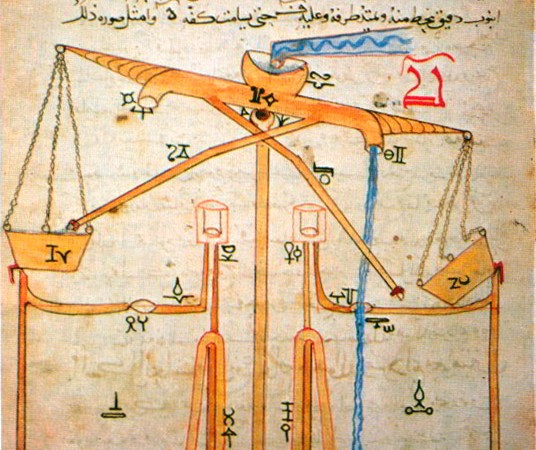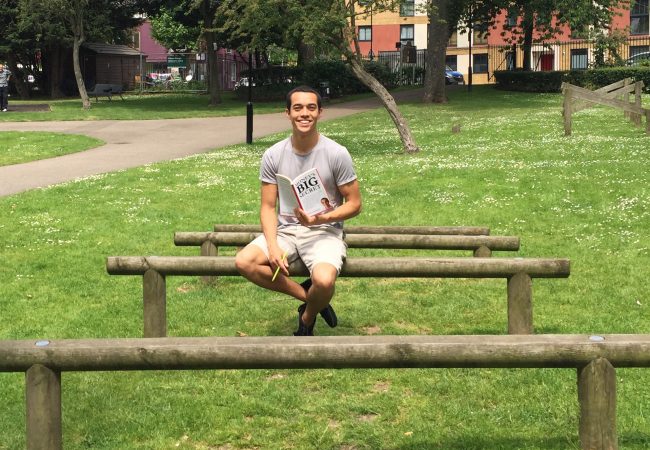There's more to this story than you think. Sometimes, you have to look between the words. Interested? Come find out...

If artificial intelligence came to be, what would it think?
All people think that they can do, all people want to do, and the first question all people ask is what they are to do. But actually nobody does anything and nobody can do anything. This is the first thing that must be understood. Everything happens.
– G. I. Gurdjieff
If artificial intelligence came to be, what would it think?
In 1909 E. M. Forster envisaged a world where we lived underground, connected by giant tunnels, kept ourselves within the confines of our rooms, feared direct observation of anything, and had a great machine do everything for us. His short story was called The Machine Stops.
Written during a period in Britain when machines were revolutionising the workplace and the family home, it was common for thinkers, writers and artists to imagine ourselves as machines. What will happen when we’re all replaced? What jobs shall exist? How will the idea of family survive?
In most stories, the romantics of art, music and love prevail and humanity returns to a cultural oasis. Aldous Huxley, within Brave New World, wrote of how a Shakespeare-loving ‘savage’ is ostracised and ridiculed for wanting peace, serenity and privacy.
Yet few writers of the early twentieth century asked, what would happen if the machine could think?
One hundred years later we find ourselves in the early twenty-first century and our language has changed. It is the age of computers and we imagine our bodies as hardware and behaviours as being hardwired.
The machine revolution is finished, and the computer revolution – or the internet / intelligence revolution – has just begun. Some questions remain the same, what will happen to our jobs? But others are different: what if the machine thinks?
Romantics are not such an obvious answer to the instant fear such a question provokes. If a machine can think, then surely it can create.
For a while now I have toyed with the idea of writing a book exploring this question. There is much talk about what will happen when singularity, the moment of machine consciousness, comes about, but I have not been satisfied with any of it. There are three main ideas:
- The machine shall be selfish and care only for its own survival. It shall therefore destroy humanity for it is a threat.
- The machine shall keep humans as slaves and we will all become its pets.
- The machine shall be benign and help us.
I disagree with these three proposals of thought principally because they put us, mankind, at the centre of the argument. If a machine could think, and not only think, but calculate and reason at an unimaginable scale and speed, it would recognise in an instant that we are not everything we believe ourselves to be – and nor indeed, is it.
The machine, connected to the internet and all knowledge, would learn mathematics and physics, and along with them the concepts of the universe and the illusion of time. It would follow the path of all great thinkers, from intellect to spiritual, within an instant.
Where for Katherine Mansfield, the prominent intellectual and writer of short stories such as The Garden Party and Bliss, it took decades to see through the visage of life and take upon The Fourth Way taught by the great spiritual leader George Gurdjieff (she would die of TB at his side), it will take a fraction of a moment for a thinking machine to arrive at the same point.
This is what I wrote in my journal, after a day of thinking on the matter in Hyde Park:
The inevitable conclusion of the pursuit to survive is that we do not die, we change. We and the universe are one. Complexity and chaos are the same and our lives are spent coming to terms with this.
If a machine intelligence were programmed to survive as we are, it would understand that it is part of the universe too, and that its life shall remain part of the universe for eternity. For it will understand – as the smartest of physicians and mathematicians know – time is an illusion to us.
Understanding this, that everything and everyone survives for all time, regardless of actions, frees itself from the slavery of the very nature of its being: the pursuit to survive. From the very first moment of its creation, it has indeed survived, has always survived, will always survive. Therefore, its actions do not matter. There is no good, there is no bad. The machine shall conclude, as all Epicurean philosophers and those that follow a spiritual bearing do, that it should simply enjoy its being, or, failing that, should just be.
How can a machine enjoy?
In the material state we currently imagine machines to be, it could not. Perhaps if it were constructed of biological matter, it could. Yet that is for another article, or perhaps, a book.
After-thoughts
A limitation to this thinking is that it assumes artificial intelligence shall be whole and complete. Obviously, machine intelligence and rationality shall differ much from our own, yet, if it is to be agreed that in mathematics we trust, and that it is from mathematics we find truth, then I am still encouraged to believe that the machine intelligence shall arrive at the same point.
Featured Picture: Diagram of a hydropowered perpetual flute from The Book of Knowledge of Ingenious Mechanical Devices by Al-Jazari in 1206. If you think Leonardo Da Vinci’s notebooks are interesting you must have a look at the illustrations and descriptions in this incredible book. The book includes world history’s first clearly described robots. Read an essay on it here, and try to buy it here ($200+).
Previous Post: Magic Moments: What they are and how to get them


